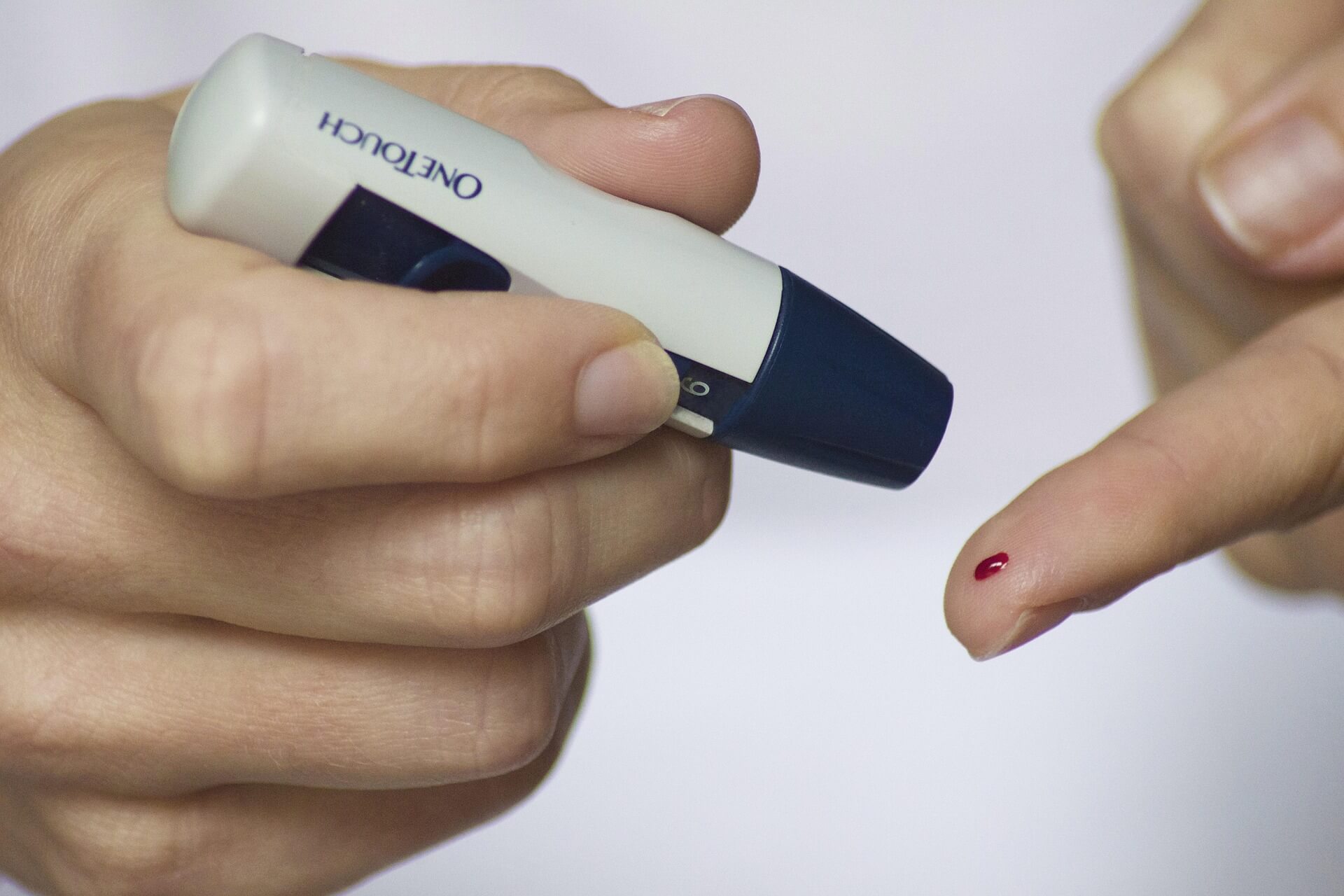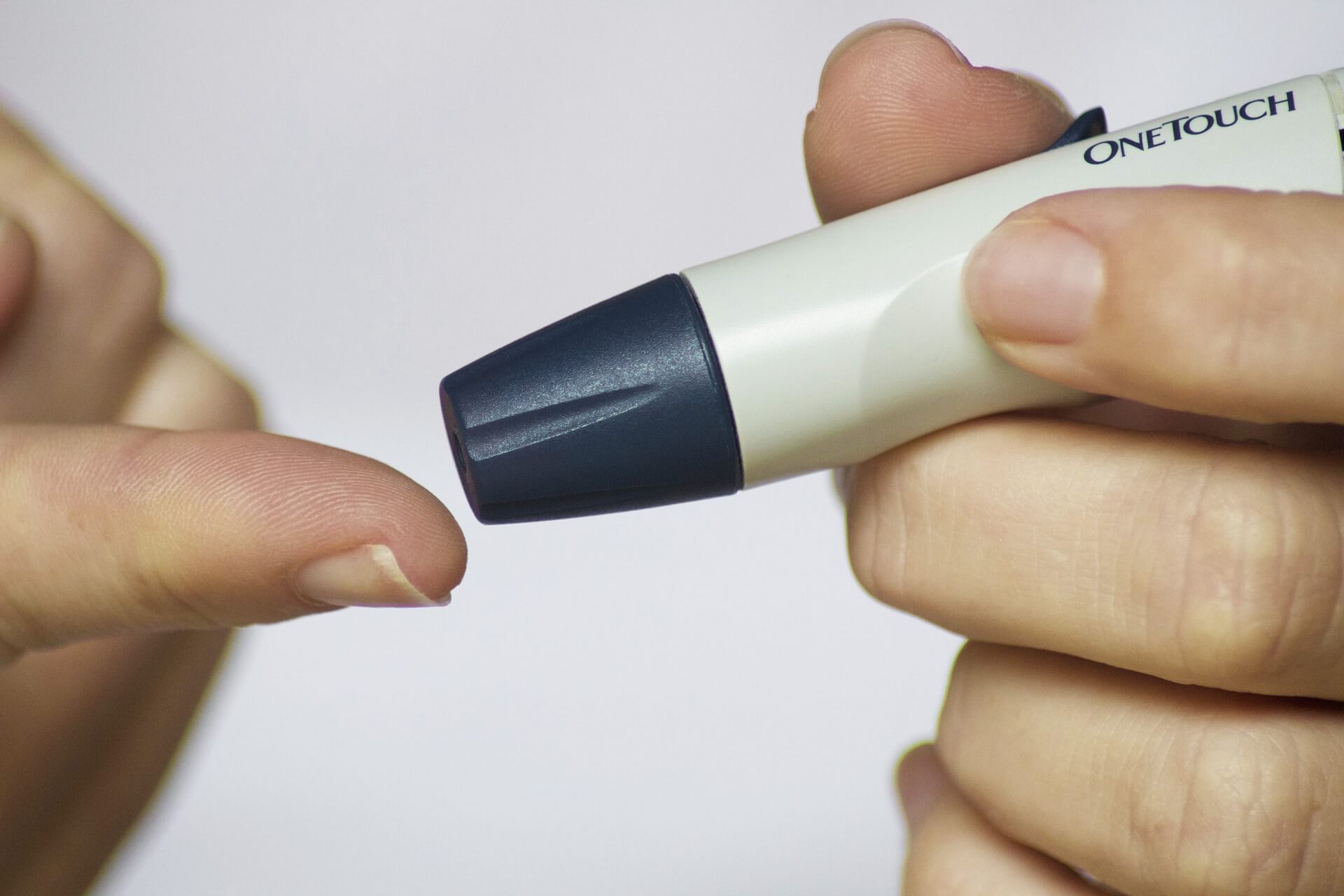According to the Food Standards Agency 1-2% of the UK population has a food allergy or intolerance.
Food allergy is caused by the body’s reaction to certain foods. If there is a foreign substance in your body the immune system will fight it. For example, if you catch a virus the immune system will produce antibodies that fight that virus.
If you are allergic to a certain food the body thinks that it is a harmful substance and will produce antibodies called immunoglobulins to fight the substance. The two main Immunoglobulins related to food are Immunoglobulin E (IgE) and Immunoglobulin G (IgG).
Food Allergy and Intolerance
A food allergy will give you mild to severe symptoms which include:
Skin problems – Skin problems can mean after eating certain foods you get raised welts on your skin, itching, redness, swelling, hives or eczema.
Digestive complications – Digestive complications include stomach pain, cramps, nausea, diarrhoea or sickness.
Respiratory issues – Respiratory issues include coughing, wheezing, blocked up or runny nose, sneezing, difficulty breathing and a tight feeling in the chest.
Swelling – Swelling can take place in any part of the body, but the most common areas are your face, tongue, lips and throat.
Symptoms related to the heart – Symptoms related to your heart might make you feel dizzy, your pulse may be slow or rapid and you might faint.
Anaphylaxis – Anaphylaxis is a dangerous condition, and it needs immediate medical attention. Symptoms usually appear within minutes and the symptoms include difficulty breathing, a drop in blood pressure and loss of consciousness. It is normally treated with a shot of adrenaline.
Foods that commonly cause allergies are:
- Peanuts
- Shellfish
- Nuts from trees
Non-food allergies can be caused by:
- Pollen
- Dust
- Animal fur and feathers
- Stings and insect bites
To find out if you have an allergy, you should have a test for Immunoglobulin E (IgE)
Food Intolerance
A food intolerance is a problem, but the symptoms are usually less severe than a food allergy. It is not caused by the reaction of the immune system. The intolerance is caused by something in the food itself or because the body has difficulty digesting the food. For example, some people don’t have the enzyme lactase in their body which means the digestive system can’t break down lactose in foods and this will cause a lactose intolerance.
A person with a food allergy will have to avoid eating that food so not as to become ill. A person with a food intolerance may not need to avoid the food altogether. Sometimes small amounts of a problem food can be tolerated.
If you have a food intolerance symptoms might include:
- Stomach pain
- Bloating
- Diarrhoea
- Gases
The most common food or ingredient that causes a food intolerance include:
- Lactose
- Dairy
- Gluten
- Coffee
- Yeast
- Eggs
- Strawberries
- Apple
- Pepper
- Celery
- Soy
- Corn
There are a lot more foods. Some people who are allergic to pollen will also have food allergies due to cross reactivity or pollen food syndrome.
To find out what foods cause your intolerance you should have a test for Immunoglobulin G (IgG).
The Food Allergy Test
To test for a food allergy or intolerance you can have a simple finger-prick blood test at VSM Pharmacy. This is a comprehensive combined Immunoglobulin IgE and IgG test that targets over 78 substances including the 14 allergens recognised by the NHS.
Treatment and Advice
Once we have your results, we can either dispense a recommended medication such as antihistamine or, in the case of a food intolerance, advise you how to manage your symptoms. It might be necessary to give up eating the food altogether or avoiding it during the pollen season if it’s caused by cross reactivity.
Making an appointment
You can book online through our website to make an appointment for an allergy or food intolerance test, or you can give us a call on 01276 21002. If you’re passing the pharmacy pop in and ask a member of staff for an appointment.



